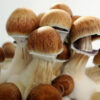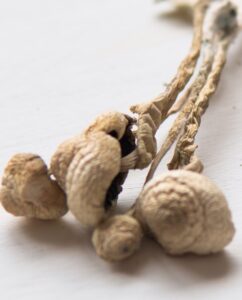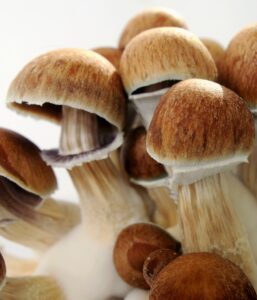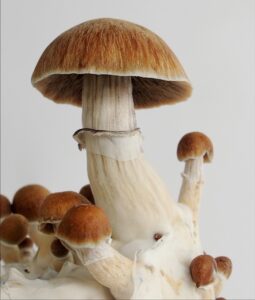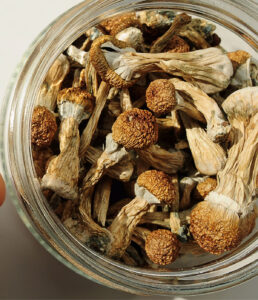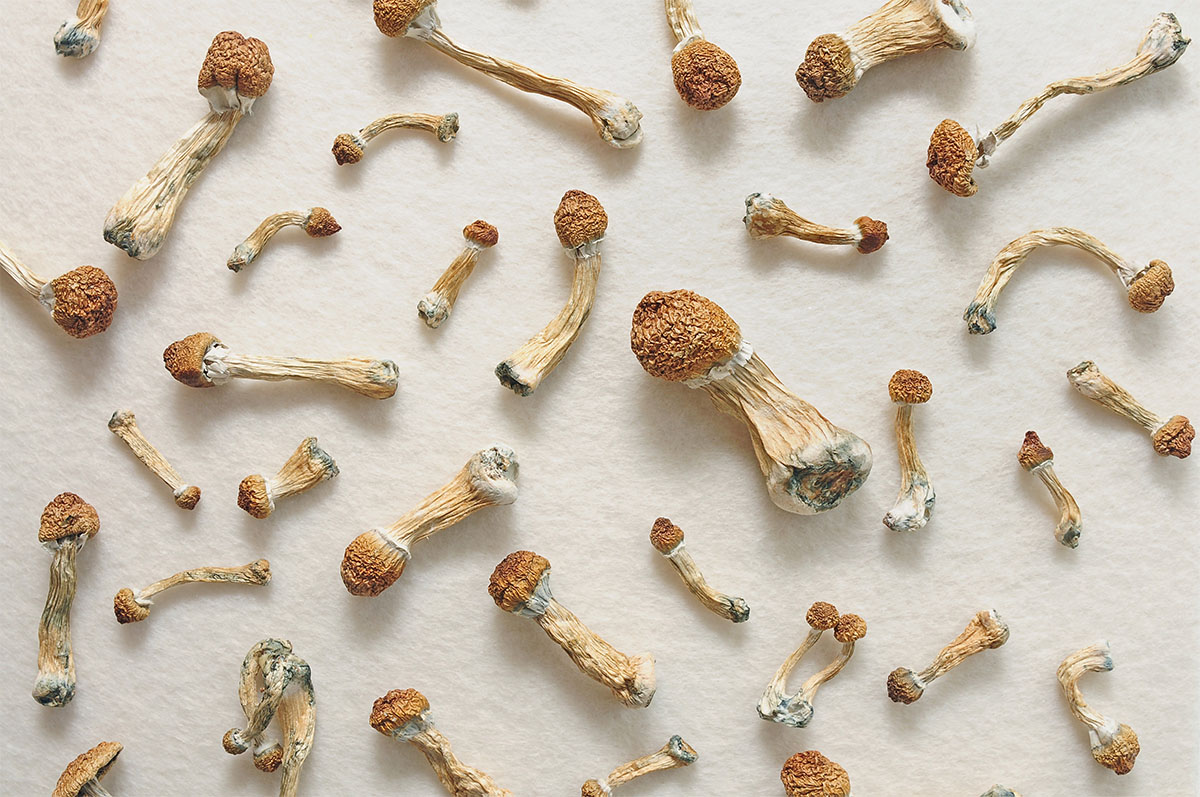
Summary of research paper by Hodge, Sukpraprut-Braaten, and Strayhan, published in Current Psychiatry Research and Reviews, on 18 August 2022.
The paper, titled “The Efficacy of Psilocybin in the Treatment of Depression and Anxiety: A Meta-Analysis,” aims to investigate the potential benefits of psilocybin, a naturally occurring compound found in certain species of mushrooms, for the treatment of depression and anxiety. This is achieved through a comprehensive review and synthesis of existing literature, focusing on randomized controlled trials (RCTs) that evaluate the efficacy of psilocybin against placebo or standard care in individuals diagnosed with depression or anxiety.
The meta-analysis included a total of 12 RCTs, encompassing 546 participants with varying severities of depression and anxiety. The trials selected were conducted across different countries and employed diverse methodologies to minimize bias and ensure the inclusion of a wide range of data. The primary outcome measures assessed were the reduction in depression and anxiety symptoms, as reported by participants and clinicians, while secondary outcomes included the impact on quality of life, functioning, and adverse effects.
The results of the meta-analysis demonstrated that psilocybin led to a statistically significant reduction in depression and anxiety symptoms compared to placebo or standard care. This effect was observed both in the short term (1 to 4 weeks post-treatment) and medium term (5 to 12 weeks post-treatment). Furthermore, improvements in quality of life and overall functioning were also observed in the psilocybin group. Notably, the adverse effects reported were generally mild and transient, with the most common being headache, nausea, and transient anxiety or confusion.
The authors acknowledge that the included studies had certain limitations, such as small sample sizes and the potential for expectancy effects due to the difficulty in blinding participants to the psychoactive nature of psilocybin. However, the consistency of the results across multiple studies and the robustness of the meta-analysis suggest that these limitations may not significantly impact the overall conclusions.
Importantly, the paper emphasizes the need for further research to determine the optimal dosage, administration protocols, and therapeutic settings for psilocybin-assisted therapy. In addition, future studies should investigate potential moderators of treatment response, such as individual differences in personality, genetics, and prior exposure to psychedelic substances. The authors also call for the exploration of potential synergistic effects between psilocybin and other therapeutic modalities, such as cognitive-behavioral therapy or mindfulness-based interventions.
In conclusion, this meta-analysis provides strong evidence in support of the efficacy of psilocybin in the treatment of depression and anxiety. The results suggest that psilocybin has the potential to be a valuable addition to the current arsenal of therapeutic options for these debilitating conditions. However, further research is necessary to refine treatment protocols, understand the mechanisms underlying the observed effects, and establish long-term safety and effectiveness.


